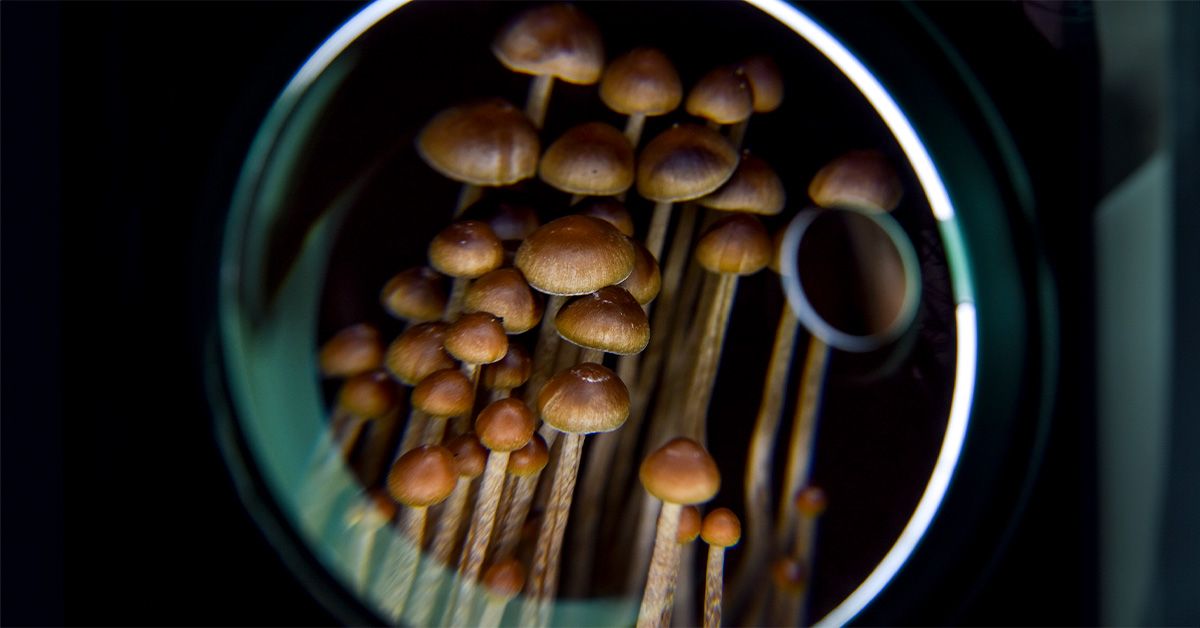Depression is a common mental health condition affecting 5% of adults worldwide, characterized by feelings of sadness and hopelessness. Selective serotonin reuptake inhibitors (SSRIs) are commonly prescribed to treat depression, but they come with potential side effects such as anxiety, headache, nausea, and loss of libido. However, a study conducted by researchers from Imperial College London suggests that psilocybin, a psychedelic compound found in certain mushrooms, may offer similar benefits for depression symptoms as SSRIs, with additional improvements in psychosocial functioning and long-term benefits.
The study involved 59 adults with moderate-to-severe depression, with one group receiving psilocybin and the other group receiving escitalopram, an SSRI. Both groups showed significant improvements in their depression symptoms, even up to the 6-month follow-up. Psilocybin was found to disrupt negative thought patterns associated with depression and was associated with higher remission rates compared to escitalopram. Participants in the psilocybin group also reported improvements in social functioning and psychological connectedness, highlighting the potential holistic benefits of this treatment option.
David Nutt, one of the authors of the study, emphasized that psilocybin works differently from traditional antidepressants like escitalopram, as it does not suppress emotions. The study also suggests that psilocybin therapy may offer a more holistic approach to treating depression, addressing both symptoms and overall well-being. This could significantly improve the quality of life and long-term mental health outcomes for individuals struggling with depression.
While the study’s findings are promising, it is important to note that psilocybin has not been approved for depression treatment by regulatory bodies like the FDA or EMA. Larger phase 3 trials are needed to further assess the risks and benefits of psilocybin therapy and to potentially gain approval for its use in treating depression. Researchers emphasize the importance of exploring alternatives to traditional SSRIs in order to better understand the mechanisms of depression and improve treatment options for patients.
Experts in the field of mental health research stress the need for a more diverse set of outcome measures when evaluating the efficacy of mental health treatments. Beyond measuring symptom severity, it is crucial to consider factors such as social functioning, connectedness, and overall well-being in determining the success of a treatment. Long-term follow-up studies are also necessary to assess the lasting effects of psychedelic therapies like psilocybin and to optimize treatment methods to minimize harm.
Overall, the study conducted by researchers from Imperial College London sheds light on the potential of psilocybin as a promising alternative to traditional antidepressants for treating depression. The findings suggest that psilocybin therapy may offer a more holistic approach to mental health treatment, addressing both symptoms and overall well-being. Continued research and larger trials are needed to further explore the benefits and risks of psilocybin therapy and to potentially make it a viable option for individuals living with depression.











